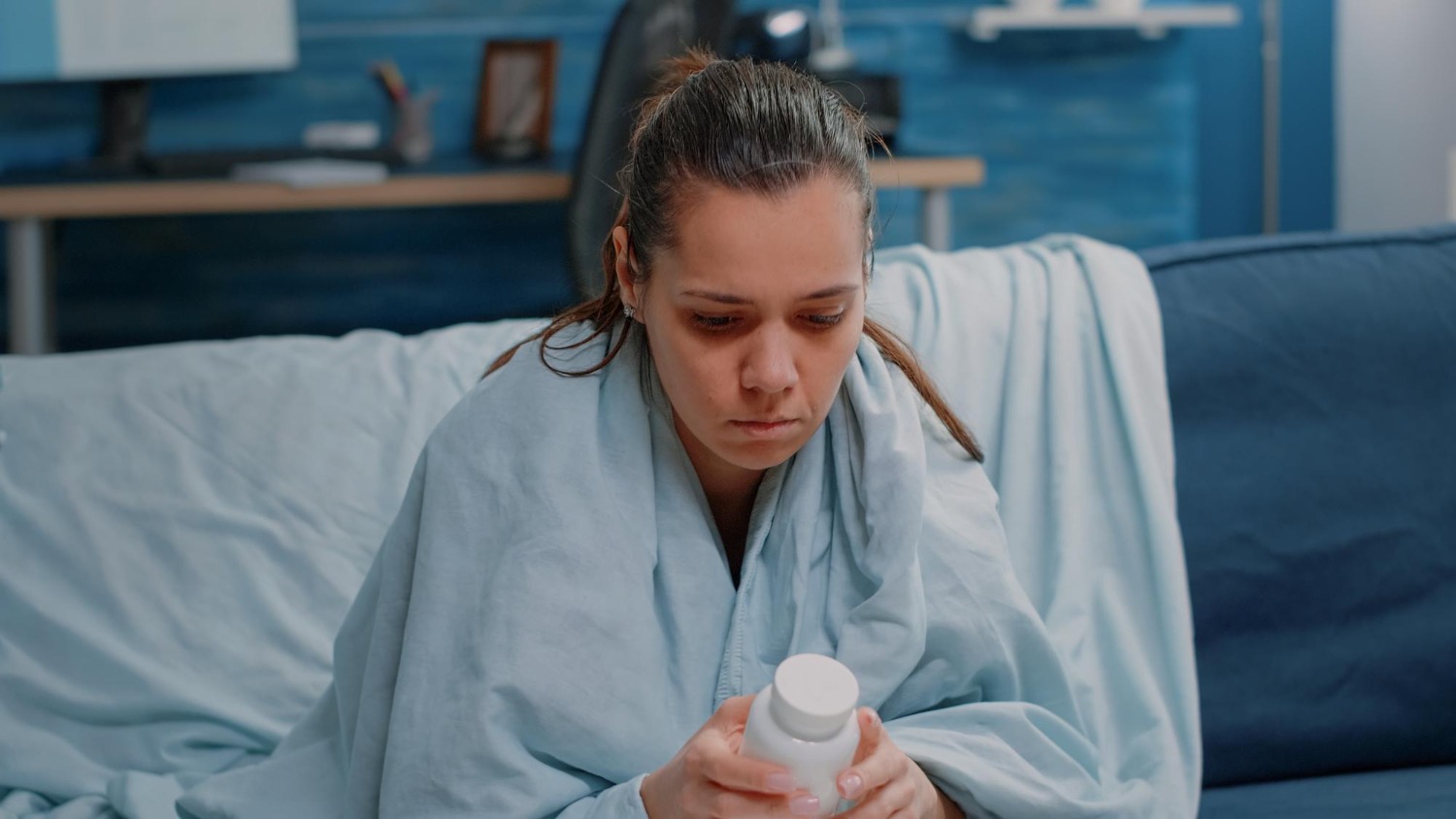
Like medications used in a drug rehab facility, the morning-after pill has specific timeframes for how long it remains in your body. This guide explains how the emergency contraceptive moves through your system and when it is completely cleared from your system. We'll cover how your body processes the pill, what factors affect its rate of elimination, and how long it can be detected in tests. Understanding these details helps you know what to expect after taking emergency contraception.
Duration in the Digestive System
The morning-after pill stays in your digestive system for just a few hours after you take it. When you swallow the pill, it goes down your throat into your stomach, where it starts to break down and release the medicine inside. From your stomach, it moves to your small intestine, where your body absorbs most of the medication. The active parts then enter your bloodstream to prevent pregnancy. The time it takes can vary slightly from person to person, depending on factors such as how quickly your body processes food and your overall health. Your body quickly and efficiently handles the morning-after pill to do its job.
Metabolism and Elimination Process
Your body breaks down the active parts of the morning-after pill to help remove them from your system. Your liver does most of this work by changing the pill's components into substances that your body can easily get rid of. After your liver processes the medication, the leftover parts usually leave your body through urine or bowel movements. This process can vary for each person, depending on factors such as overall health, the rate at which your body metabolizes substances, and any existing health conditions. Knowing how your body breaks down and removes the morning-after pill helps you understand how long it stays in your system.
Factors Affecting Clearance Time
Several things can change how quickly the morning-after pill leaves your body, including how fast your body processes medications, how much water you drink, and any other medicines you're taking. People who process medications faster tend to eliminate them more quickly. Drinking enough water also helps your body remove drugs efficiently. Other medications or substances can interact with the morning-after pill and change how your body handles it. Keep these factors in mind when determining how long the morning-after pill may remain in your system. Understanding these influences helps you make better decisions about emergency contraception.
Detection in Blood and Urine
Tests can detect the morning-after pill in your blood and urine, indicating whether it's still present in your body. Levonorgestrel, the main ingredient in most morning-after pills, can be found in the blood within hours of taking it. Blood tests can usually detect levonorgestrel for up to 24 hours after you take the pill. Urine tests can detect the presence of levonorgestrel for a longer period, typically up to 3-4 days after administration. These periods may vary based on individual factors, such as how quickly your body processes medications and the amount you took. Checking levonorgestrel levels helps doctors understand how well the drug worked and when it cleared from your body.
Safety and Potential Side Effects
Discussing the safety and potential side effects of the morning-after pill is crucial to understanding how it may impact you. The morning-after pill is generally safe for most people, but like any medicine, it can cause side effects. Common side effects may include:
• Nausea and vomiting
• Feeling tired
• Headaches
• Changes in your period
These side effects typically subside within a few days. However, in rare cases, more serious side effects like severe stomach pain, chest pain, or sudden vision changes may happen, and you should get medical help right away. Consult a healthcare provider before taking the morning-after pill to assess your risk factors and address any concerns you may have.
Other Related Articles:




